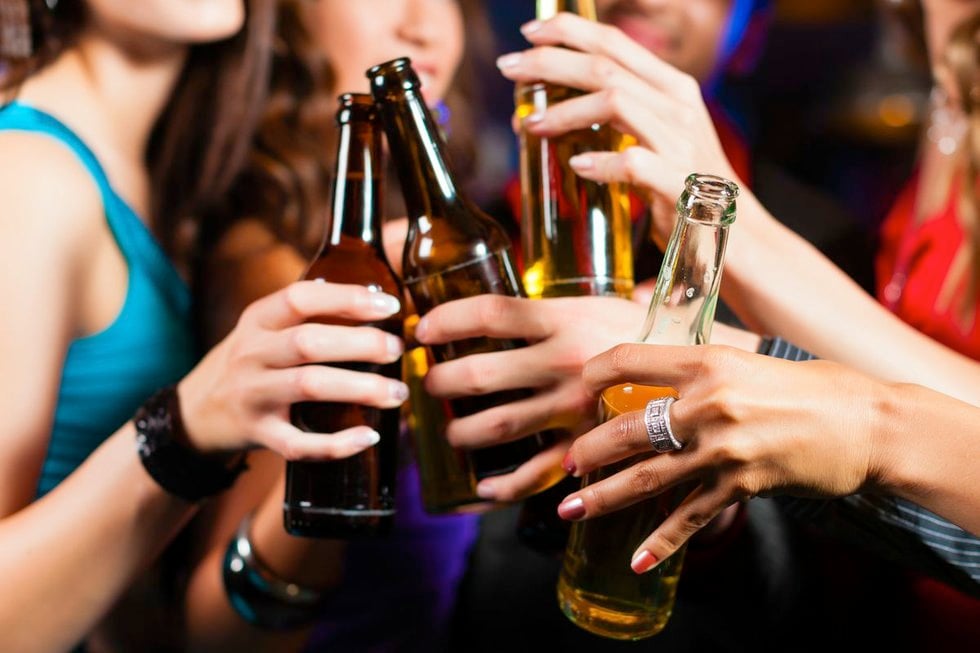
Haligonian Bassam Al-Rawi made headlines when he was acquitted of sexual assault in March. The taxi driver was stopped by the police and found with a female passenger who was passed out in the back seat of his cab. Further investigation caused the police to arrest Mr. Al-Rawi for sexual assault. The Crown has appealed the court’s decision and, earlier this month, two women’s advocacy groups were given permission to make arguments on behalf of their groups as part of the appeal.
The Al-Rawi decision has given rise to a lot of debate about the laws surrounding sexual assault. There is one phrase in particular from Justice Lenehan’s decision that has drawn a lot of negative attention: “Clearly a drunk can consent.” While the choice of the word “drunk” is an unfortunate one, the conclusion itself is entirely correct in law.
The commentary on Mr. Al-Rawi’s case has often implied that intoxication and consent have a binary relationship if someone is intoxicated, they cannot consent to sexual activity. This is incorrect. What trial judges are required to consider is the extent of the complainant’s intoxication.
The Criminal Code states clearly, at section 273.1(2)(b), that a person cannot consent when they are “incapable of consenting”. Since this section became law, there have been many court decisions clarifying how evidence of intoxication can impact a person’s capacity to consent. In a case called R v Cedeno, the trial judge gave the following instruction on how the two are related:
An obvious example of incapacity would be a complainant who was in a coma at the relevant time. Cases where the complainant is said to be incapable due to consumption of alcohol or drugs are less clear-cut. Mere drunkenness is not the equivalent of incapacity … Nor is alcohol-induced imprudent decision making, memory loss, loss of inhibition or self control … A drunken consent is still a valid consent. Where the line is crossed into incapacity may be difficult to determine at times. Expert evidence may assist and even be necessary, in some cases … though it is not required as a matter of law.
This passage has been relied upon by many judges since it was released and it remains good law to this day.
It also bears mentioning that a trial judge is permitted to consider both the intoxication of the complainant and the accused person. While it is possible for a judge to find that a complainant was intoxicated but is still able to consent, it’s not possible for an accused person to argue that their ability to determine whether or not the complainant was consenting was diminished because they were intoxicated themselves.
The message from the Cedeno case is that being drunk does not – in and of itself – result in someone being legally incapable to consent to sexual activity. It is certainly possible, but this conclusion will often require the evidence of a toxicologist, someone who can provide an expert opinion on the effects of alcohol, in order for a judge to conclude that someone is intoxicated to the point where they are incapable of consenting.
To be clear, the Crown in Mr. Al-Rawi’s case is not appealing the judge’s decision on this point, but on the manner in which he determined that the trial judge concluded that the Crown had failed to establish the absence of consent. It also bears mentioning that the Crown in Mr. Al-Rawi’s case did call a toxicologist to testify.
It is indisputable that having sex with someone who is near the point of incapacity is an unethical act. However, the line that divides ethical conduct from unethical conduct has always been drawn differently than the line dividing criminal conduct from legal conduct. There is good reason for this. As stated by the Supreme Court in R v Hutchinson,
As the most serious interference by the state with peoples’ lives and liberties, the criminal law should be used with appropriate restraint, to avoid over-criminalization. It draws a line between conduct deserving the harsh sanction of the criminal law, and conduct that is undesirable or unethical but “lacks the reprehensible character of criminal acts.”
When taking a look at the law’s intervention in this type of behaviour, it is important to remember what makes a criminal court unique. Of all the different venues where a complainant can pursue their allegations, it is the most difficult to do so in a criminal court. The reason for this is that a criminal court has the power to order the most significant consequences on an offender. The most obvious amongst them is jail, but they also include ordering that someone be entered on the sex offender registry and provide a sample of their DNA into the police database to assist in investigations of other crimes. In contrast, when a complainant brings a civil action against someone (i.e. when they sue the accused person), they are only required to prove their claim on a balance of probabilities, which is a substantially lower lever of proof than the criminal standard.
Brian Eberdt is a criminal defence lawyer with Lockyer Campbell Posner. Reasonable Doubt appears on Mondays.
A word of caution: You should not act or rely on the information provided in this column. It is not legal advice. To ensure your interests are protected, retain or formally seek advice from a lawyer. The views expressed in this article do not necessarily reflect those of Lockyer Campbell Posner or the lawyers of Lockyer Campbell Posner.
website@nowtoronto.com | @nowtoronto












